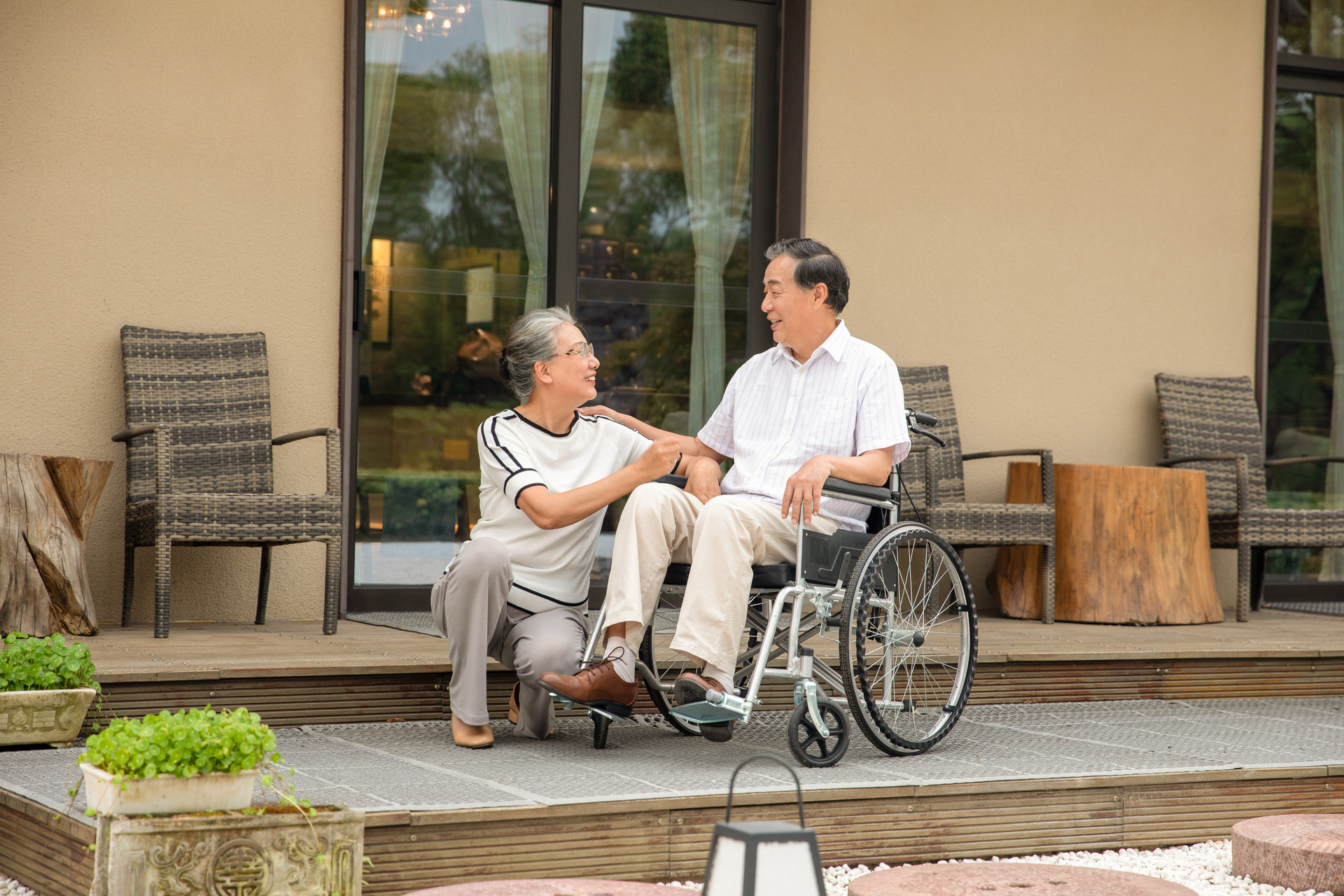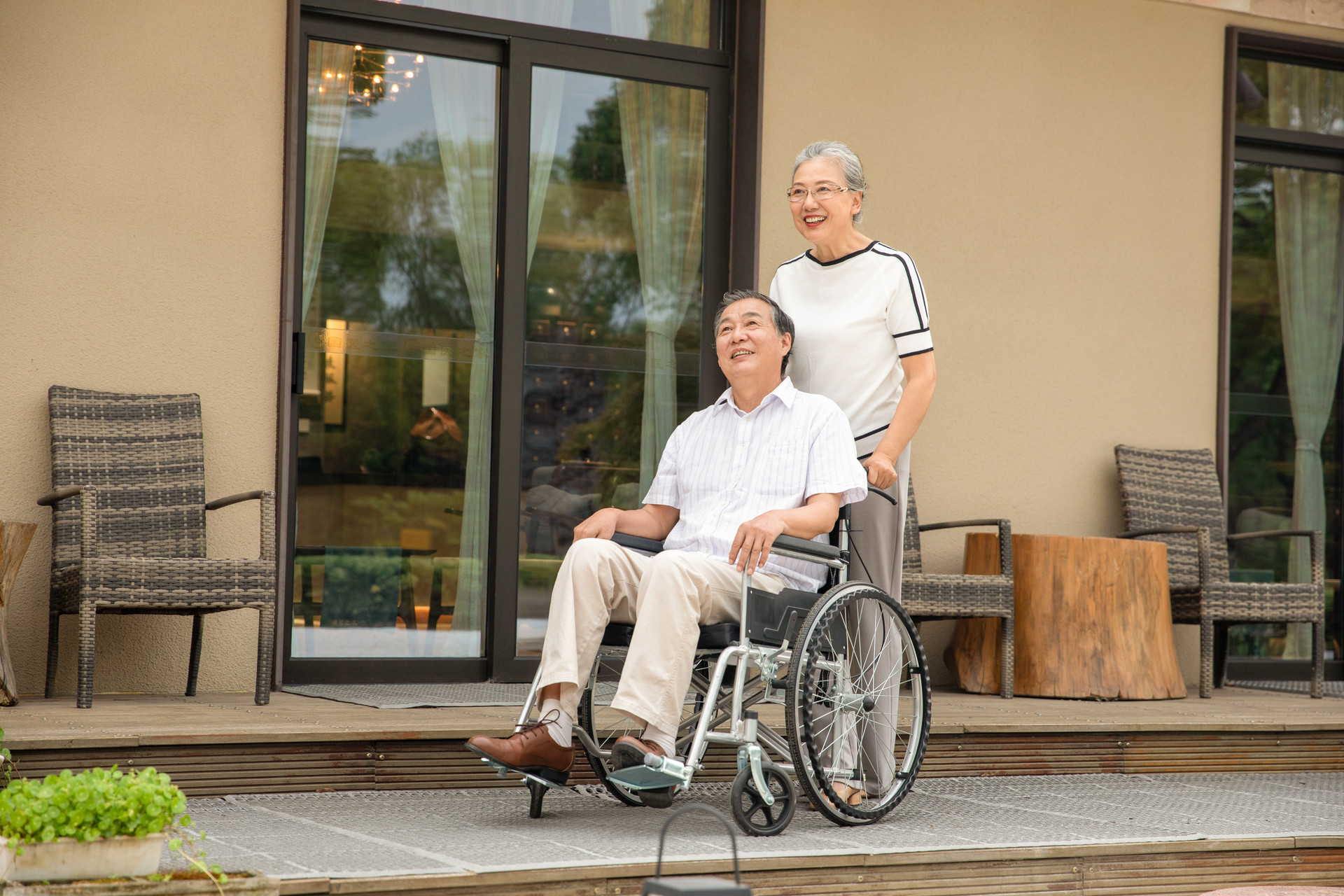
The saying goes, "A thousand gold cannot buy thinness in old age." This long-standing folk proverb has led many elderly people to believe that being thin is better than being fat, and some even blindly pursue weight loss. However, with the development of medicine, it has been proven that blind weight loss for the sake of being thin in old age brings more harm than good for the elderly.
Many studies have shown that blind weight loss in the elderly can lead to a decrease in immune and resistance abilities. Over time, not only does the risk of respiratory diseases such as pneumonia increase, but the risk of cardiovascular and cerebrovascular diseases such as heart attacks, angina, and strokes also rises. Especially when a life-threatening illness occurs, it is difficult to resist these major diseases due to low body weight and weak resistance. The mortality rate is high, the prognosis is poor, and the quality of life is low. Moreover, some diseases themselves can cause wasting symptoms, such as diabetes, geriatric hyperthyroidism, tuberculosis and chronic infectious diseases, dyspepsia and malnutrition. If one blindly pursues thinness, it is adding insult to injury.
Currently, some studies have shown that maintaining a healthy weight helps reduce the incidence of dementia in old age. This phenomenon is not significant in middle age but becomes apparent in old age. Therefore, elderly individuals who are underweight are at a higher risk for dementia and should be given special attention.
Additionally, as age increases, muscle mass decreases, leading to a decline in strength. This is particularly prominent in elderly individuals, and combined with osteoporosis, they are more prone to falls and accidents in daily life. Even if they survive, they may be bedridden for a long time, resulting in a decline in quality of life. This has become a major global concern and focus for prevention. For underweight elderly individuals, this situation becomes even more severe, and the degree of muscle atrophy worsens.
Being thin in old age does not necessarily equate to longevity. Low body weight has many adverse effects on the health of the elderly, especially hindering their progress towards the goal of a long life. A large-scale epidemiological survey conducted worldwide showed that the body mass index (BMI) with the lowest risk of death is 26, which falls into the overweight range (18.5-24 is considered normal, 24-28 is overweight, and above 28 is considered obese). Therefore, for the elderly, it is generally better to maintain a normal weight, even if slightly overweight, rather than being underweight, but not obese.










